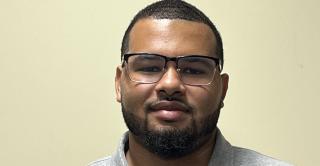Community engagement describes the collaboration between higher education institutions and their larger communities (local, regional/state, national, global) for the mutually beneficial exchange of knowledge and resources in a context of partnership and reciprocity (Carnegie Foundation for the Advancement of Teaching, 2006). Community engagement is closely linked to the scholarship of engagement, which seeks to connect the resources of the university with pressing social, civic, and ethical problems (Boyer, 1996).
Bylaws, Membership, & Reports
The purpose of the Community Engagement Committee is to advise the University on and make recommendations regarding the promotion of policies, curricular enhancements, and campus and community events designed to foster Community Engagement.




